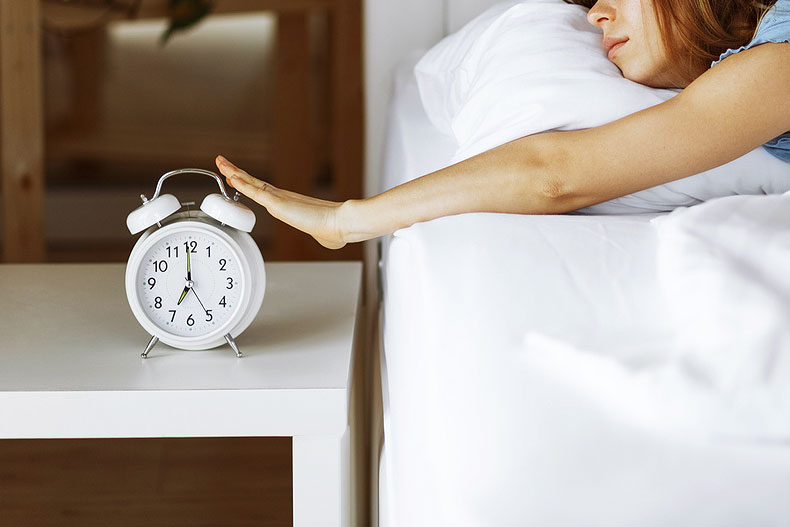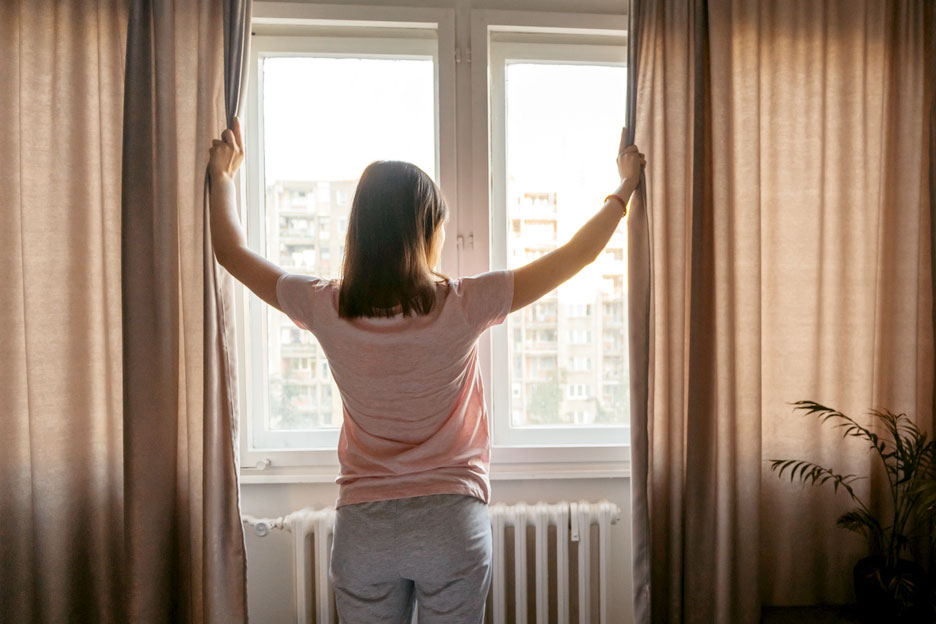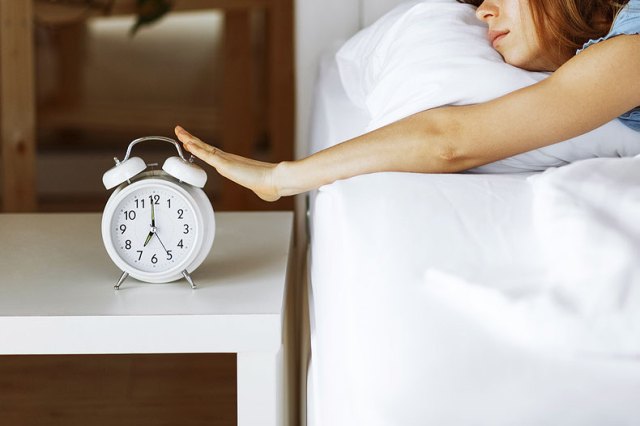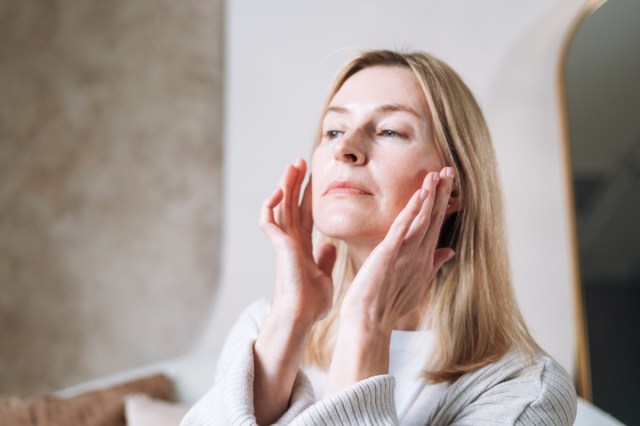There’s nothing more satisfying than a good night’s sleep. But is it possible to have too much of a good thing? In short, yes. Experts suggest that adults should sleep between seven and nine hours each night. Sleeping more than nine hours is considered too much and may cause health problems down the line — and, ironically, can leave you feeling more tired than before.

Why Do People Sleep Too Much?
Sleeping more than the recommended number of hours can be due to various environmental and physical factors.
• Anxiety and Depression: Feeling anxious or depressed saps energy, leaving the body feeling mentally and physically drained.
• Stress: Sleeping longer than usual might be a coping mechanism to help avoid any life stressors — at least momentarily.
• Medications: Certain medications may cause fatigue. Talk with your doctor if you feel that your current medications are hurting your sleep cycle.
• Sleep Disorders: Sleep apnea, narcolepsy, and insomnia may prevent us from getting a restful night’s sleep. This may lead to excessive sleepiness and oversleeping.

Side Effects of Sleeping Too Much
Oversleeping can cause more repercussions beyond just feeling tired — there are various side effects that too much sleep may have on the body.
• Back Pain: Long periods without movement and awkward positioning can cause or exacerbate back problems.
• Headaches: Too much sleep affects certain neurotransmitters in the brain, which may result in a headache.
• Heart Disease: A recent study showed that women who slept between nine and 11 hours each night were 38% more likely to develop coronary disease than those who slept just eight hours.
• Obesity: Another study demonstrated that those who slept nine or 10 hours each night were 21% more likely to develop obesity.

How to Prevent Oversleeping
If you believe you are sleeping too much, there are some lifestyle changes you can make to help. First, cut out alcohol and cigarettes, which can contribute to factors like anxiety and depression. Additionally, regular exercise helps regulate the body’s circadian rhythm, helping you prepare for a more restful sleep.
Above all else, try to establish a healthy bedtime routine. Put your electronic devices away an hour before bed and try to go to sleep around the same time each night. Training your body will leave you feeling rested and less prone to oversleeping. Of course, always consult a doctor if you think your oversleeping problem is something more serious.
Featured Image Credit: Alina Bitta/ iStock
More From Our Network
Better Report is part of Inbox Studio, an email-first media company. *Indicates a third-party property.














